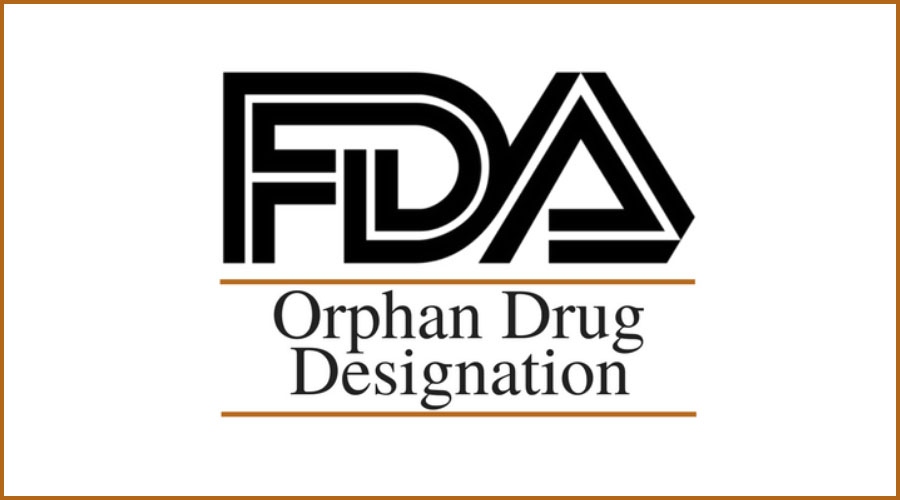FDA grants Orphan Drug status to Maze’s Pompe disease treatment

MZE001 is being assessed in a Phase I trial to evaluate the tolerability, safety, pharmacokinetics and pharmacodynamics.
The US Food and Drug Administration (FDA) has granted Orphan Drug Designation to Maze Therapeutics’ investigational product, MZE001, to treat Pompe disease.
MZE001 is an inhibitor of oral glycogen synthase (GYS1).
It could address Pompe disease by reducing disease-causing glycogen accumulation via substrate reduction therapy (SRT).
Presently, the product is being assessed in a placebo-controlled, double-blind, single ascending dose and multiple ascending dose Phase I clinical trial.
It is designed to evaluate the tolerability, safety, pharmacokinetics and pharmacodynamics and food effect of MZE001 in healthy subjects.
On reporting Phase I trial data by the end of this year, the company intends to commence a Phase II trial in subjects with Pompe disease in the first half of next year.
Maze Therapeutics CEO Jason Coloma said: “Pompe disease is a serious and often fatal disorder, and MZE001 has the potential to offer patients an oral, disease-modifying option that improves clinical outcomes and quality of life.
“MZE001 is a novel mechanism we believe could be beneficial both as a monotherapy for late-onset patients as well as complement to enzyme replacement therapies across the disease spectrum.”
In preclinical disease models, MZE001 showed to selectively hinder GYS1, causing diminished glycogen buildup through a substrate reduction approach.
Additionally, treatment with the product was found to be well-tolerated without any on- or off-target toxicity reported in various preclinical species.
The regulatory agency grants Orphan Drug status to therapies or biologics for treating a rare ailment or condition that impacts less than 200,000 individuals in the US.
A rare and inherited ailment, Pompe disease is caused by mutations in the gene coding for acid alpha-glucosidase (GAA).
These mutations cause glycogen accumulation in skeletal muscle, respiratory muscle and cardiac muscle tissues leading to progressive weakness and respiratory compromise.
September 5, 2022



